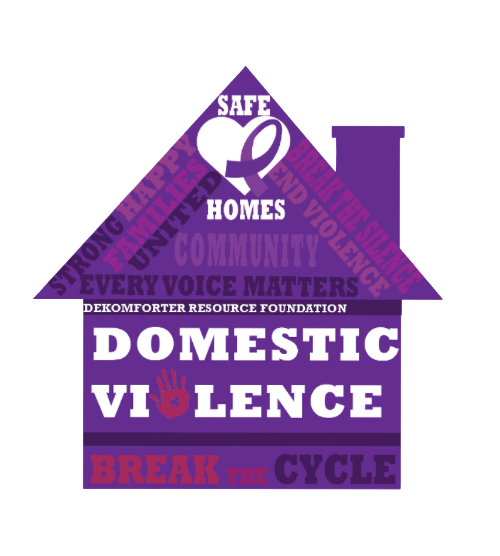Job training programs are vital for empowering low-income families to achieve financial stability and independence. These initiatives equip individuals with the skills and resources necessary to secure better employment opportunities, ultimately transforming their economic prospects.
Key Components of Job Training Programs
Vocational Training: Programs often offer specialized training in high-demand fields such as healthcare, technology, and skilled trades. This focused education helps participants acquire specific skills that are sought after by employers.
Resume Workshops: These workshops guide individuals in crafting effective resumes that highlight their skills and experiences, making them more attractive to potential employers.
Interview Preparation: Job training programs provide mock interviews and coaching to help participants build confidence and improve their interview skills, ensuring they present themselves effectively during job searches.
Partnerships with Local Businesses
Collaborations with local businesses are crucial for creating pathways to employment. By establishing partnerships, job training programs can:
Facilitate Internships: Providing hands-on experience allows participants to apply their skills in real-world settings and make valuable industry connections.
Offer Job Placements: Direct connections with employers can lead to job placements for participants, enhancing their chances of securing stable, well-paying positions.
Community Development and Economic Growth
Empowering low-income families through job training not only improves their financial situations but also contributes to broader community development and economic growth. As individuals gain employment and financial stability, they are better positioned to invest in their families and communities. This, in turn, fosters a cycle of prosperity that benefits everyone.
Conclusion
Investing in workforce development through job training programs is crucial for creating lasting change. By equipping low-income families with the tools they need to succeed in the job market, we can help them build a brighter future and strengthen our communities as a whole.hallenges faced by low-income families, these organizations promote self-sufficiency and improved well-being for all.





